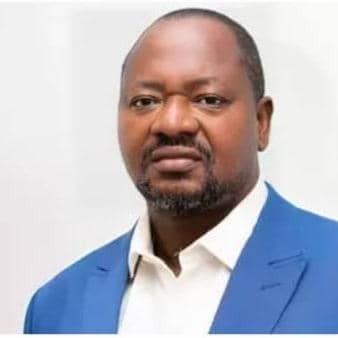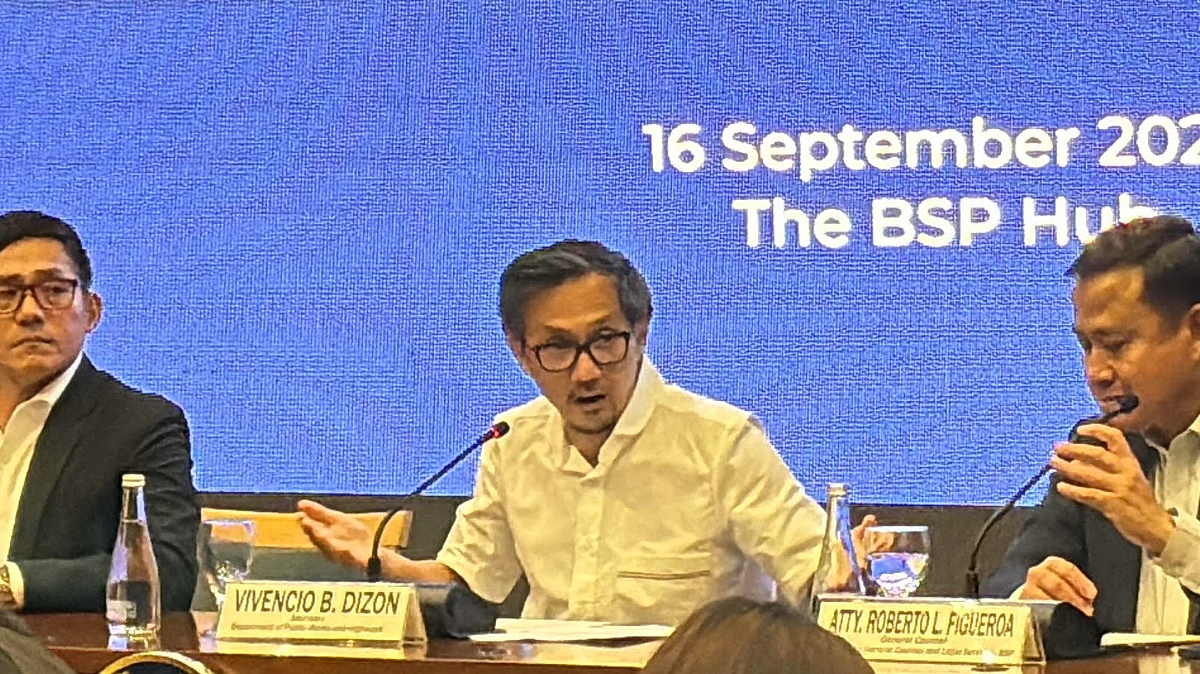Ghana Becomes West Africa’s Policy Hub for Waste Management and the Circular Economy: Jospong/Zoomlion Deserves All The Applause
By Joshua Asaah
Copyright a1radioonline

When we heard the news that Ghana was officially designated as the West Africa Regional Hub for policy support on waste management and the circular economy, it was more than a ceremonial announcement. It was a recognition of years of heavy lifting, both at the policy table and on the ground. Indeed, this is great news for Ghana.
It was during the opening of a three-day regional workshop in Accra, convened by the Ministry of Local Government, Decentralization, and Rural Development in partnership with the United Nations Office for Sustainable Development (UNOSD), that the Minister, Hon. Ahmed Ibrahim, broke the news. The event gathered policymakers, sanitation experts, and stakeholders from across the sub-region to rethink how waste can be managed not as a nuisance, but as a resource.
Delivering the keynote, Hon. Ahmed Ibrahim, Minister for Local Government, reminded the gathering that waste management is not just about disposal. “The challenge before us,” he said, “is not only how to dispose of waste safely, but how to transform waste into resources, opportunities, and drivers for sustainable development.”
He stressed that waste management in Ghana has become inseparable from public health, economic resilience, and climate action, a holistic framing that matches the global shift toward sustainability.
But beyond the speeches and symbolism, the question lingered: why Ghana?
The Zoomlion Factor: Building Systems that Work
The answer lies in the transformational work that has taken place in Ghana’s sanitation sector, largely led by the Jospong Group’s flagship waste management company, Zoomlion Ghana Limited.
For nearly two decades, Zoomlion has redefined waste management in Ghana, moving it from an ad hoc, crisis-driven activity into a structured system anchored in innovation. The company has deployed thousands of modern waste haulage trucks nationwide, set up transfer stations that decentralize collection, and pioneered the establishment of Integrated Recycling and Compost Plants (IRECOPs).
The IRECOP model has become a game-changer. Researched and designed by in-house waste management experts to sort the mixed municipal solid waste into organic compost, recyclables, and residuals, these facilities reduce the volume of waste that ends up in landfills. What began in Accra has now been scaled across the country and exported to other African cities, demonstrating that African innovation can produce African solutions.
Zoomlion has also diversified its portfolio to tackle other critical waste stream
Together, these interventions embody the principles of the circular economy, keeping resources in use for as long as possible, extracting maximum value, and regenerating products at the end of their life cycle. This is the ecosystem that strengthened Ghana’s credentials, ultimately positioning the country as a natural hub for regional policy support.
International Partnerships and African Leadership
Minister Ibrahim was candid about the importance of learning from countries with advanced systems, particularly South Korea. “Korea is far ahead in terms of waste management technology and strategy,” he noted, underscoring the need for deeper international cooperation.
The Korean Ambassador to Ghana, H.E. Kyongsig Park, in turn commended Ghana’s leadership in driving environmental policy, describing it as a model worth scaling across the sub-region.
Yet Ghana’s story is not about copy-and-paste. It is about adaptation and ownership. The IRECOPs, the medical waste systems, and the plastics recycling plants are not imported designs but locally conceived innovations. Their replication across African cities, most recently in Nigeria, Democratic Republic of Congo, Kenya, Ethiopia, Zanzibar, Burkina Faso, Sierra Leon, Liberia, Angola, and 24 other countries, speaks to Ghana’s emerging role as a continental reference point in sanitation.
The designation of Ghana as the regional hub is, therefore, not an isolated accolade. It reflects the country’s dual role: a student learning from global best practices and a teacher exporting tested African solutions to far and near.
The Government of Ghana (GOG) has also been consistent in policy formulation and the provision of an enabling environment, which is indeed exportable to the sub-region to encompass synergies within.
Zoomlion’s Green Revolution: Entering the Carbon Economy
The hub designation also rests on Ghana’s forward-looking commitment to sustainability, demonstrated in no small measure by Zoomlion’s green revolution.
At COP28 in Dubai, Ghana and Switzerland signed a pioneering carbon market agreement, anchored in Zoomlion’s IRECOP facilities. Four of these plants were certified to generate Internationally Transferred Mitigation Outcomes (ITMOs) carbon credits recognized under Article 6 of the Paris Agreement. Valued at around US$20 million through to 2030, the credits provide Ghana with financial incentives for cutting emissions through waste-to-compost and recycling innovations.
This move signaled Ghana’s entry into the global carbon market, not as a bystander, but as a credible participant. It also positioned Zoomlion as a corporate trailblazer, linking sanitation with climate finance in ways that create economic, social, and environmental dividends into the nation.
At the same time, Zoomlion is greening its own operations. In collaboration with US-based ZeroNox, the company is retrofitting 1,000 diesel-powered refuse trucks into electric vehicles. A prototype has already been unveiled, and the project is expected to eliminate 400,000 metric tonnes of CO₂ emissions within five years, equivalent to planting 18 million trees. That is the trademark of the African waste management experts.
For a country where waste collection trucks are often the lifeline of urban sanitation, this transition marks a monumental shift. Cleaner fleets mean cleaner air, reduced fuel costs, and a tangible demonstration that climate action can be rooted in everyday systems.
Expanding Horizons: From Ghana to Africa
Zoomlion’s revolution is not confined to Ghana. In 2025, the company signed strategic agreements with the governments of Kinshasa (DRC) and Addis Ababa (Ethiopia), Freetown (Sierra Leone), and Captain Ibrahim Traore’s Ougadougu (BF) to establish modern waste management infrastructure, training programmes, and circular waste systems. These initiatives are projected to create thousands of jobs while embedding sustainable practices in some of Africa’s largest cities.
Domestically, the rollout of 200 new waste trucks across all 16 regions this year alone has bolstered national waste collection efficiency, while the company’s foundation continues to invest in Agenda Zero Waste, an education programme which is training teachers, establishing “Green Generation Champions” clubs in schools, and nurturing eco-ambassadors among the youth.
This blending of technology, infrastructure, policy, and education reflects a holistic approach to ESG (Environmental, Social, and Governance) responsibilities. Zoomlion is not just a service provider; it is an agent of behavioral change and a driver of social transformation.
Why the Hub Matters
The designation of Ghana as the West Africa Regional Hub for waste management and the circular economy is not just a political feather in the cap. It cements Ghana’s role as a convener, knowledge broker, and innovation center for a region grappling with rapid urbanization and mounting waste challenges.
It validates the country’s approach: A public-private partnership model where government policy sets the framework, and private innovation, exemplified by Zoomlion, delivers scalable and sustainable solutions.
For the sub-region, the hub offers a rallying point: A place to exchange lessons, adopt proven systems, and collectively accelerate the shift to a circular economy. For Ghana, it is both recognition and responsibility to lead, to convene, and to keep pushing the boundaries of what waste can mean for sustainable development while supporting the integration of the efforts and regionalization of the African continent in the environmental sanitation and waste management space.
As Hon. Ibrahim noted, waste is no longer just a problem to be managed. It is a resource to be harnessed. And thanks to consistent investment, innovation, and collaboration, Ghana now stands as the proof of concept.
By Francis Atayure Abirigo and Patricia Ofori Atta



